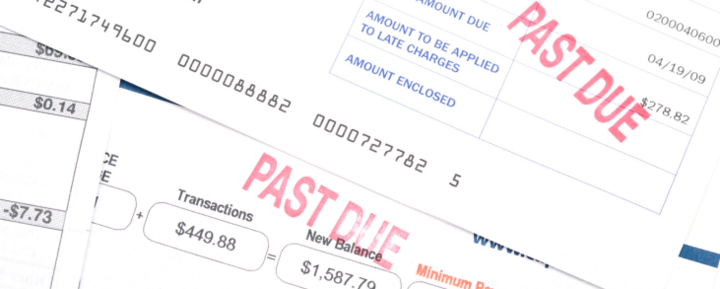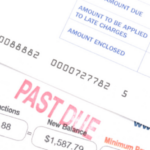Debt collectors tend to dole out a lot of threats, but one of them they can’t make good on is sending you to prison. Can you go to jail for debt? Generally speaking, no. It’s illegal to imprison someone over a civil debt, and collectors are forbidden by law to threaten it.
That doesn’t mean they won’t, though, and it’s important to keep in mind that it’s possible to be imprisoned over debt-related offenses. Here’s what you need to know.
When can you go to jail for debt?
The federal government banned debtors’ prisons in 1833, which had been used extensively in different areas of the world. These prisons were used to incarcerate people who were incapable of repaying their debts (or straight up refused).
While debtors’ prisons no longer exist as separate entities, it’s still possible to go to jail for debt-related issues.
The first can happen when a debt collector sues you. If you’ve been summoned, the courts require you to attend. If you don’t, the judge may write a warrant for your arrest due to contempt of court. The same goes if you defy a court-ordered judgment.
It can also occur if you owe money to the legal system. That can include fines, court costs, and a variety of other fees. If you fail to pay, the court typically hires an outside collection agency to try to get the money from you. If that happens, the first scenario can play out again.
What to do if a debt collector threatens prison
Due to the Fair Debt Collection Practices Act (FDCPA), debt collectors aren’t allowed to claim that you’ll be arrested over an unpaid account. That doesn’t mean some of them don’t try, though.
If this happens to you, you can file a complaint with the Consumer Financial Protection Bureau and the Federal Trade Commission. Also, consider reaching out to your state’s attorney general, who can take action against the offender.
What debt collectors can do
Under the FDCPA, debt collectors are allowed to contact you to try to collect on a debt. They’re also allowed to file a lawsuit to get a court to make that process easier. Depending on the situation, a court may freeze your bank accounts and garnish those funds, as well as your paychecks.
The only time a collection agency can’t sue you is if the debt is time-barred. This means that it’s past the statute of limitations on debt collection in your state.
How to avoid jail time over a collection account
Can you be arrested for debt? Not directly, but as previously mentioned, it’s still possible. If you want to avoid that slight possibility, though, here are some steps you can take:
- Respond to lawsuits: If a debt collector sends you a summons, it’s not a joke. If you choose not to show up, you could be jailed on contempt of court. What’s more, the court may give the collector a default judgment. This essentially means the agency gets what it wants since you didn’t provide anything to refute their claims.
- Verify it belongs to you: Debt collectors are required to send you a validation letter within five days of contacting you. If you haven’t received one, ask for it. This letter should tell you how much you owe, the name of the creditor, and steps you can take if it’s not yours. If you believe it’s bogus, gather any information you have to fight it.
- Hire an attorney to work on your behalf: Facing a debt collection agency alone can be daunting. This may even be your first run-in with the legal system. But they do this every day, so they know what they’re doing. By hiring an experienced attorney, you can enlist the help of someone who knows how to work with debt collectors. A good law firm can also educate you about your rights and ensure they remain intact.
- Abide by the judgment: Regardless of what the court decides, it’s crucial that you follow it.
There’s no surefire way to avoid getting sued or having a judgment entered against you. But if you do, there’s no reason you should have to go to jail over it.
The bottom line
Debtors’ prisons technically aren’t a thing anymore, but you can still be jailed over debt-related offenses. If a debt collector has contacted you, make sure you get a validation letter, so you can verify whether you actually owe any money.
If you end up getting sued, an experienced law firm like the Tayne Law Group can help guide you through the process. They can even negotiate with debt collectors on your behalf to potentially settle for less than the full amount that you owe.








